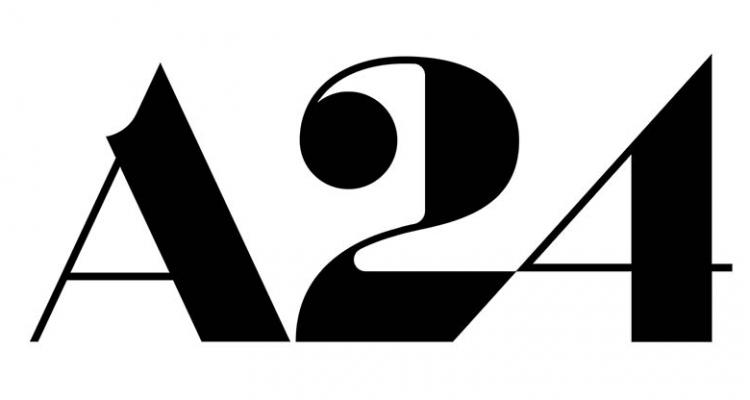Could the “A” in A24 eventually stand for Apple? Rumors that the tech giant would acquire the celebrated began on Monday. This reporter personally heard it from two different sources on both the agency and the studio side of the business. When we reached out to A24 late Monday the reply was “no real news.” It quickly spread like wildfire, however, prompting a post from trade outlet Deadline with the company’s founders denying anything was in the works except for potential partnerships between the two companies.
It should be noted A24 revealed they had been contacted about an acquisition by other parties. It’s also traditional business strategy to forge partnerships with potential buyers.
Speculation on an acquisition began after A24 co-founder John Hodges announced he was leaving the company on Monday. Hodges, like his partners Daniel Katz and David Fenkel, came from the film side but as the company grew he became more hands on with A24’s television content. Those efforts led to critically acclaimed shows such as “Playing House,” “The Carmichael Show” and “Comrade Detective” that didn’t provide their networks with either a ratings or pop culture zeitgeist boost. It’s still unclear why Hodges left A24.
The New York based film company formed in 2012, but had its first breakout success with 2013’s “Spring Breakers.” In the years since, A24 has released three films that were nominated for Best Picture including “Room,” “Lady Bird” and “Moonlight,” the latter of which won the coveted statue in 2017. For the most part their films have been the darling of critics and have broadened cinephile content to younger, aspirational and upscale audiences with releases such as Jonathan Glazer’s “Under the Skin,” Alex Garland’s “Ex Machina,” Trey Edward Shults’ “Krisha.” Their acclaimed marketing creative and public relations strategies turned Yorgos Lanthimos’ “The Lobster” ($9 million U.S.) and Robert Eggers’ “The Witch” ($25 million U.S.) into unexpectedly profitable art house hits.
A24 developing “Native Son” with “Moonlight” Star
A24 has had its biggest success, however, over the past 18 months with “Moonlight” earning $27 million in the U.S. and $65 million worldwide, “The Disaster Artist” taking in $21 million domestically and “Lady Bird” earning $48.9 million in the U.S. and $69.9 million worldwide. That being said, the company has never had a $100 million global hit which its competitors Focus Features, Fox Searchlight and, at one time, The Weinstein Company, have on a regular basis. An acquisition from a player of Apple’s caliber would allow the mini-major to be an even bigger player in development and festival acquisition than in the past. Frankly, every filmmaker pretty much wants their movie to be released by A24, but often the money from other distributors has been too tempting for financiers and producers to turn down.
Admittedly late to the streaming content game, Apple has reportedly committed to over $1 billion primarily in television (Netflix notoriously is spending $8 billion). The company has already debuted “Carpool Karaoke” and “Planet of the Apps,” but only the former was renewed for a second season. Upcoming projects include the animated “Central Park” from the creators of “Bob’s Burgers,” an untitled M. Night Shyamalan thriller series, the Kevin Durant inspired drama “Swagger,” a reboot of Steven Spielberg’s cult series “Amazing Stories,” “Are You Sleeping” produced by Reese Witherspoon and starring Octavia Spencer, “Little America” from Oscar nominees Kumail Nanjiani and Emily v. Gordon, a new half-hour Kristen Wiig series and, most notably, a program about the morning TV show wars that marks the return of Jennifer Aniston, alongside Witherspoon, to “televised” content. In theory, acquiring a company of A24’s caliber would seemingly be a perfect fit.
A24 has a number of high profile releases on its 2018 slate including Andrew Haigh’s “Lean on Pete,” David Robert Mitchell’s “Under the Silver Lake” (rumored for a 2018 Cannes Film Festival berth), Bo Burnham’s “Eight Grade” and Jonah Hill’s directorial debut, “Mid-90s.”


